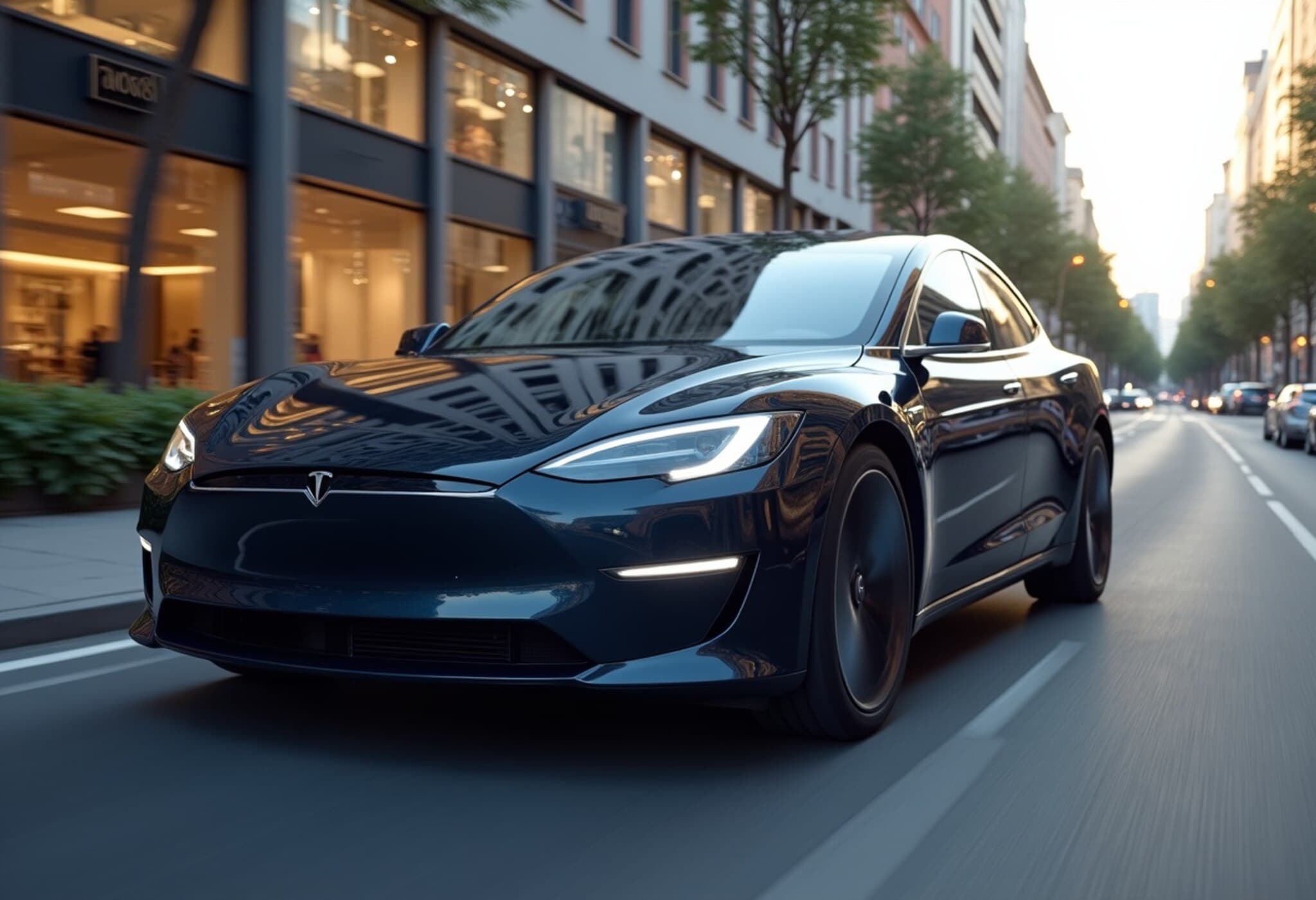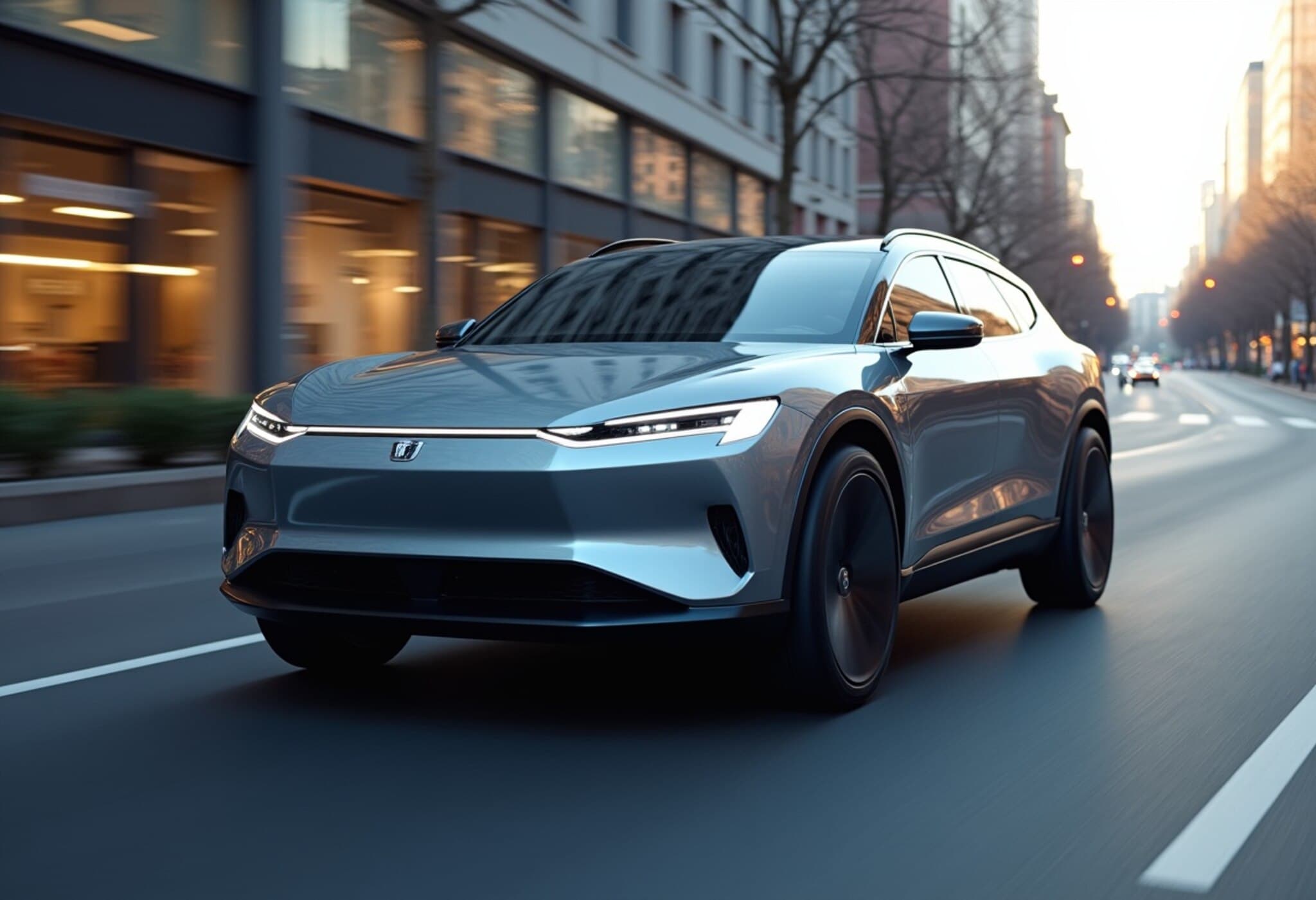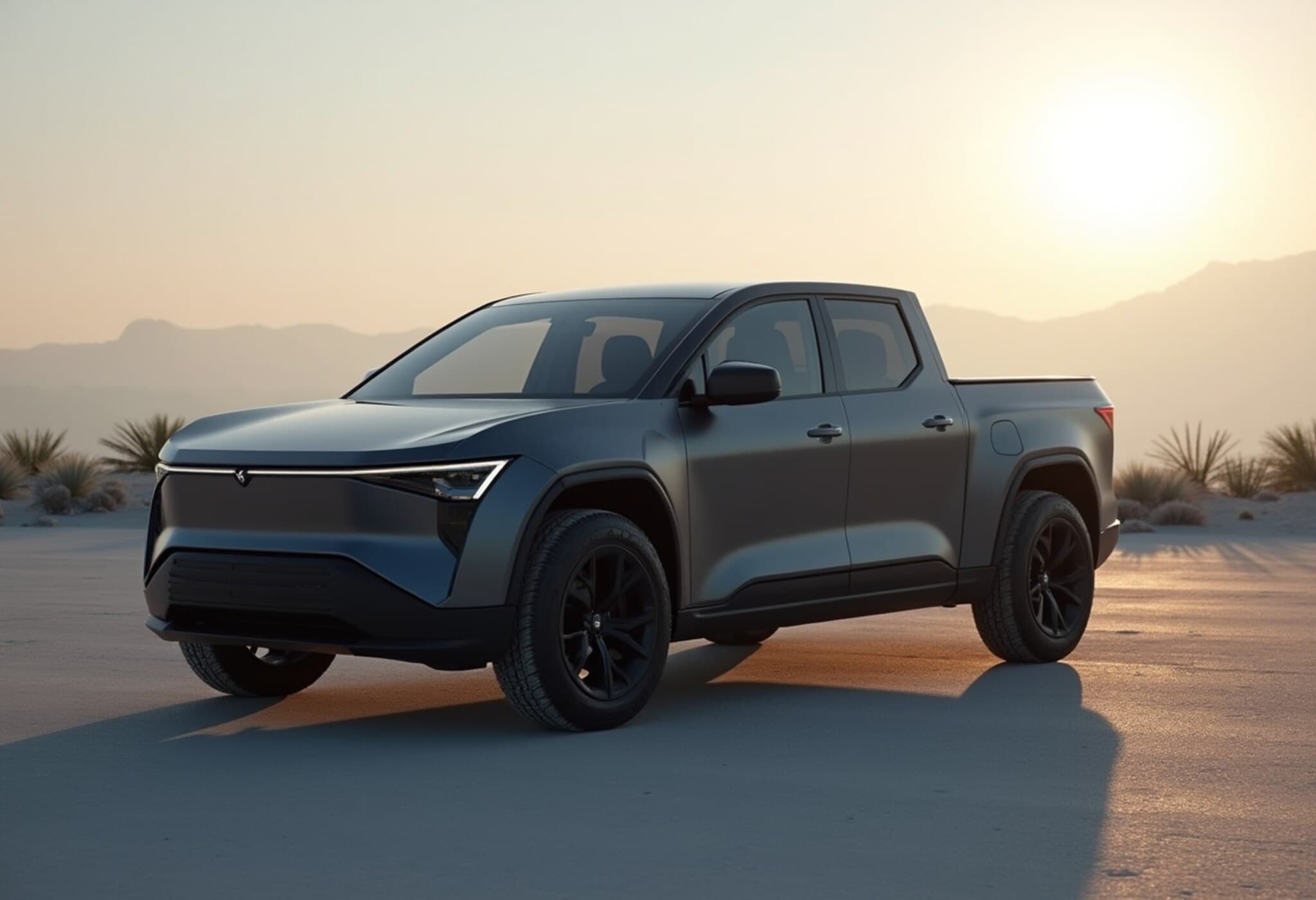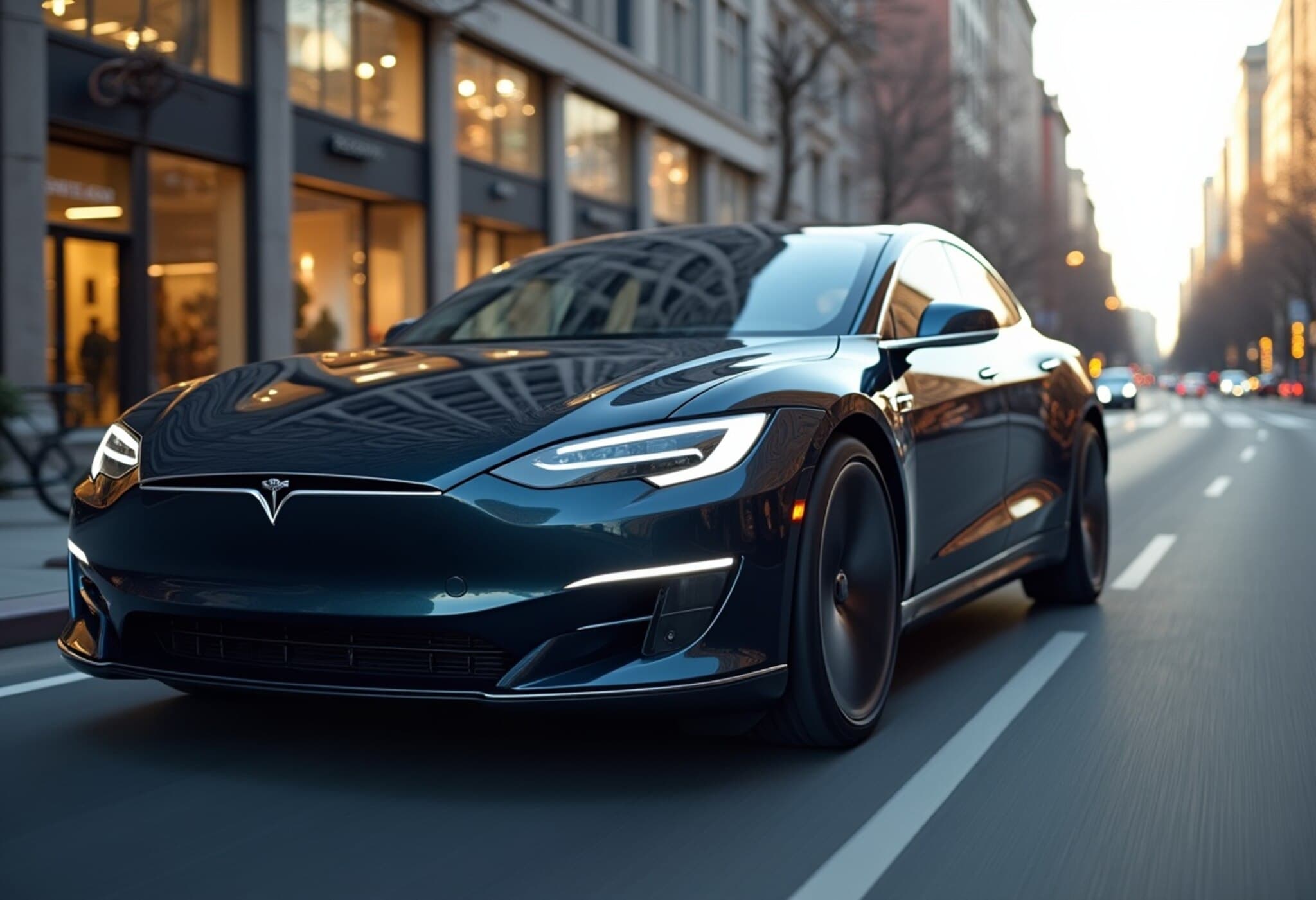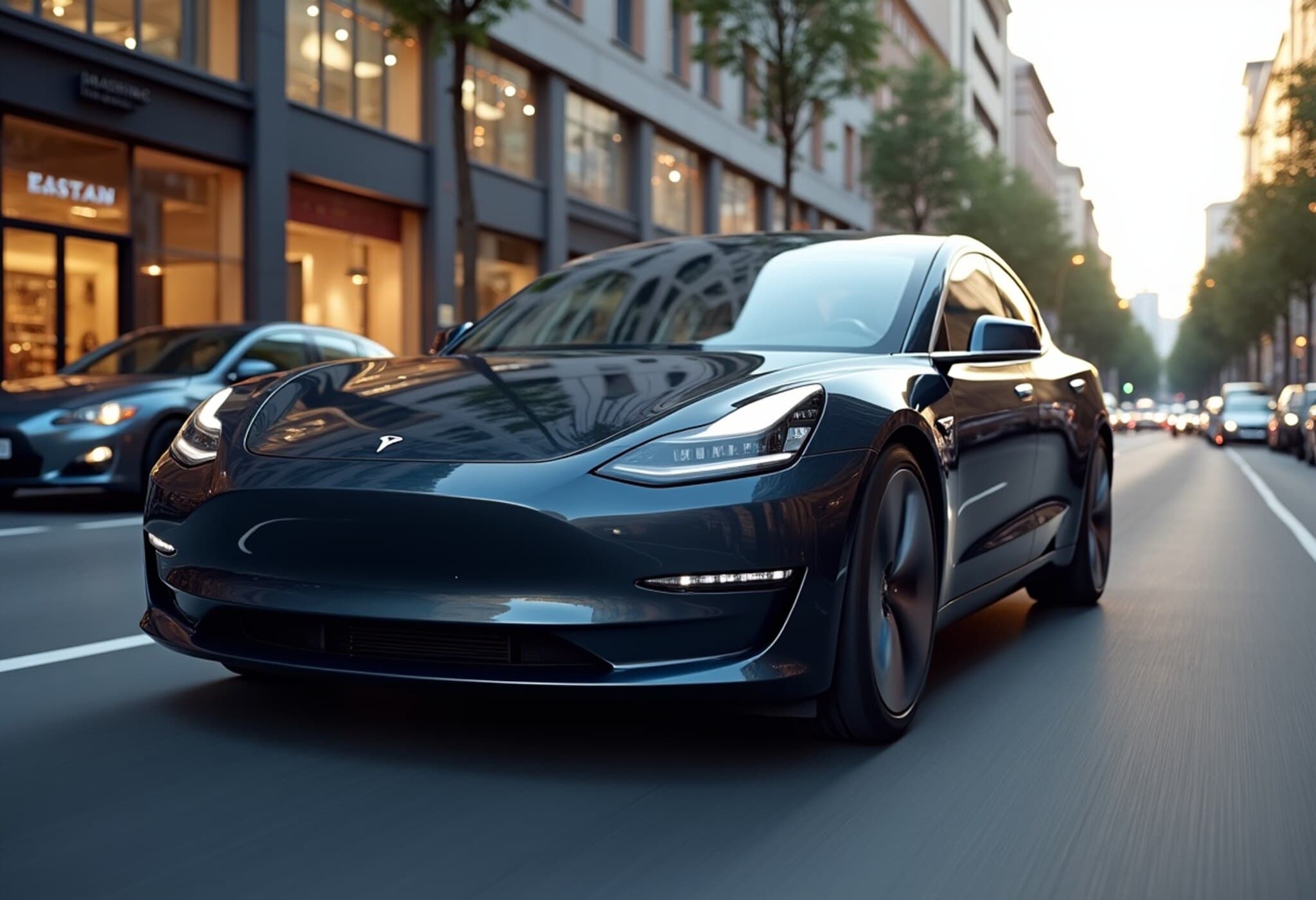Tesla's European Sales Face Significant Decline
In a surprising turn within the global electric vehicle (EV) marketplace, Tesla's new car sales in two of Europe's largest automotive markets — the United Kingdom and Germany — have taken a steep hit. Industry data released in early August 2025 reveals that Tesla experienced a sharp decline of over 55% in new vehicle sales in both countries during July compared to the previous year.
Details from Britain and Germany
According to the U.K.'s Society of Motor Manufacturers and Traders (SMMT), Tesla’s registrations dropped nearly 60%, falling to 987 vehicles sold in July 2025 from 2,462 in the same month the year before. Germany, Europe’s largest car market, similarly reported Tesla sales down by 55.1% to 1,110 units in July, with a cumulative fall of nearly 58% over the first seven months of the year, according to figures from the Kraftfahrt-Bundesamt (KBA), Germany’s road traffic agency.
China’s BYD: A Rising Contender in Europe’s EV Market
Contrasting Tesla’s downturn, Chinese electric vehicle heavyweight BYD has been making significant inroads in Europe, posting what can only be described as explosive growth. In the U.K., BYD’s July sales surged more than fourfold year-on-year, reaching 3,184 units. Germany saw a similarly robust increase, with BYD sales climbing almost 390% compared to last July.
These figures underscore BYD’s strategic success in penetrating mature, competitive markets by offering a diverse range of EVs that appeal to European consumers’ growing appetite for affordable and reliable electric mobility options.
Factors Driving Tesla’s Challenges
Several forces are converging to challenge Tesla’s dominance in Europe:
- Intense Competition: Chinese EV manufacturers like BYD are rapidly expanding their footprint, leveraging competitive pricing and localized strategies to win market share.
- Reputational Hurdles: Elon Musk’s controversial statements and politically charged affiliations, including his ties with the Trump administration, have reportedly affected brand perception among certain consumer segments.
- Economic Pressures: Increased tariffs, supply chain disruptions, and the expiration of U.S. federal EV tax credits are expected to impact Tesla’s pricing structure and profitability in coming quarters.
Expert Perspective: What This Means for the EV Landscape
From a policy and market outlook standpoint, Tesla’s fall in Europe flags several broader themes in the transition to cleaner transportation. American EV companies need to navigate not only technological innovation but also the geopolitical and economic realities of global markets increasingly shaped by Chinese competition.
Moreover, Europe's aggressive carbon reduction targets and incentive schemes are creating fertile ground for new entrants. BYD’s rapid ascent highlights how nimble manufacturers with aligned strategies and product variety can capitalize on these policies.
Industry analyst Dr. Karen Mitchell notes, "Tesla’s recent sales slide should serve as a wake-up call about the intensifying competition in electric mobility. It’s no longer just about having leading technology; understanding customer preferences in regional markets and maintaining brand trust are equally critical. The era of easy dominance for early EV pioneers may be coming to a close.”
Looking Ahead: Challenges and Opportunities
Elon Musk has candidly acknowledged potential “rough quarters” ahead as Tesla contends with tariff headwinds and shifting subsidies. Meanwhile, BYD's expansion illustrates how strategic agility and international market adaptation can drive success.
How Tesla addresses these challenges, from product diversification to regional market alignment and reputational management, could determine its trajectory in a transforming global EV arena.
Summary
- Tesla’s new car sales declined by over 55% in July 2025 in the UK and Germany.
- BYD, a leading Chinese EV maker, saw significant growth exceeding 300% in the same markets.
- Factors behind Tesla's slump include fierce competition, reputational issues, and economic challenges.
- The changing landscape signals a more contested future for EV market leaders.
Editor’s Note
The striking divergence between Tesla’s waning sales and BYD’s meteoric rise in key European markets raises important questions about the evolving dynamics of the electric vehicle industry. Are once-undisputed market leaders vulnerable to nimble challengers? How will consumer sentiment, shaped by political narratives and regional preferences, influence the battle for EV dominance? As governments worldwide tighten emissions regulations, the ability to innovate while staying attuned to local markets may become the defining factor for success.

